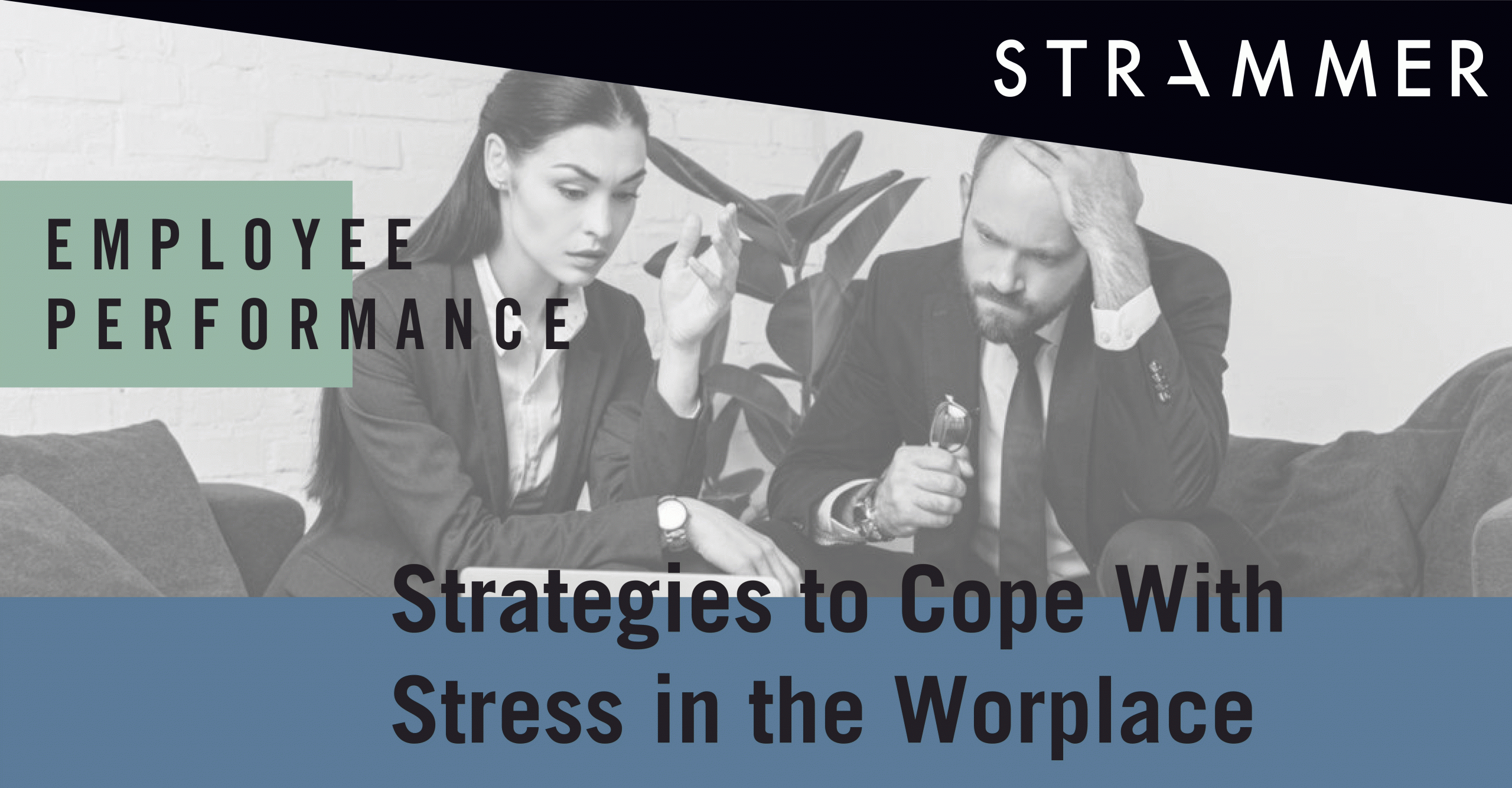How to cope with stress at work
Workers are under great pressure: constant solicitations, e-mails, meetings and distractions in the workplace. Many employees are drowning. Without free time away from work, to spend on their own or with family/friends, the work-life balance is at stake.
Companies must adopt strategies to help the workforce achieve balance and cope with stress at work. For instance, they can offer management training. Providing managers/leaders proper training on how to handle and manage workers can be crucial as it will decrease the chances of employees being stressed. Managers must show effective communication skills, conflict resolution skills, empathy, etc.
Moreover, the workforce, managers, and leaders must be trained to identify burnout and stress signs like anxiety, concentration problems, headaches, loss of interest… Other key strategies for having a healthy workforce include educating, fighting taboos and promoting awareness of mental health issues.
At the same time, companies must establish programmes and policies that encourage healthy lifestyles, such as a healthy diet, exercise, counselling, taking effective breaks, sleeping at least 7 hours, encouraging time off among other things. Employers can also help workers avoid stressful situations by setting achievable goals and realistic expectations.
However, workers must also identify what makes them stressed and the best ways to respond to it. More than that, they must set limits. They now have access to work from anywhere and can feel the pressure of overworking. Therefore, one needs to set rules, like not checking e-mail outside of work or skipping lunch to work. This can really strengthen the work-life balance.
All things considered, not all stress has negative consequences. Experts separate “good” stress (eustress), from “bad” stress. Eustress is what you experience even if there is no danger, you are just excited. For instance, you feel this after a promotion. It can be a motivating factor and help you to be more focused. But it is not about eustress that you need to worry about. Acute stress – one of the “bad” stress – appears in situations of fear/danger and can be controlled, if you know effective ways to relax. On the other side, chronic stress is the one you face constantly and seems inevitable. For example, when workers are not happy at work. When facing it for a long period, it can cause serious health issues, as the body is not ready for this.
So, if you are feeling too much stress, talk to your loved ones, people you trust, managers and leaders, and they will certainly help. In some cases, it can even be vital to seek professional help and take time off work. Mental health is just as important as physical health and everyone must be aware of it.
References:
- How to handle stress at work, April 2019, Harvard Health Publishing
- Stress in the Workplace, October 2019, Help Guide
- How To Break The Stress Cycle At Work, January 2020, Forbes





